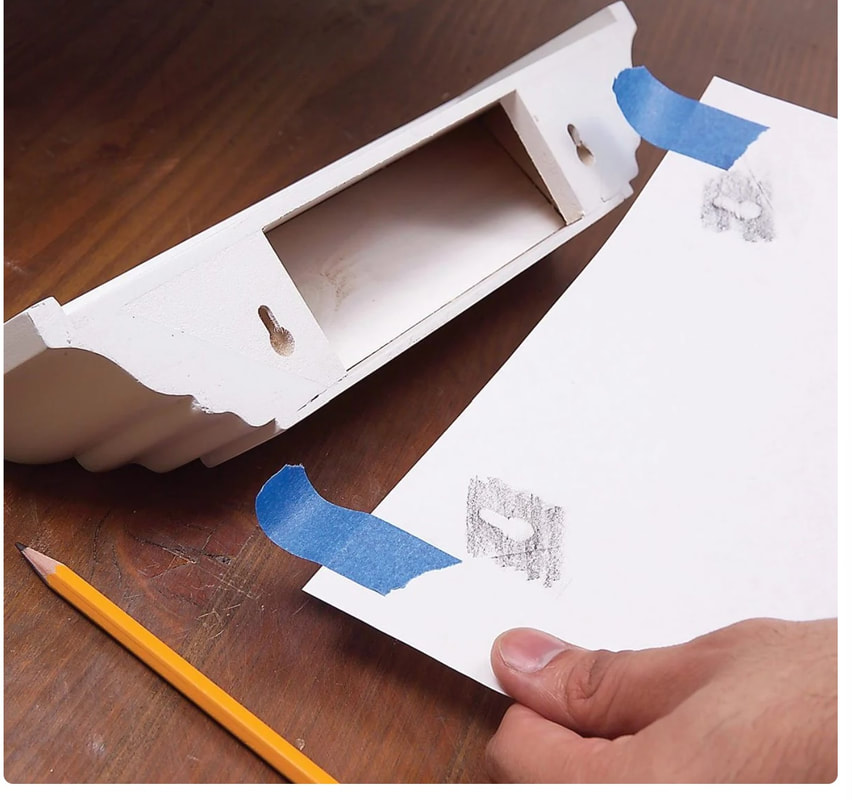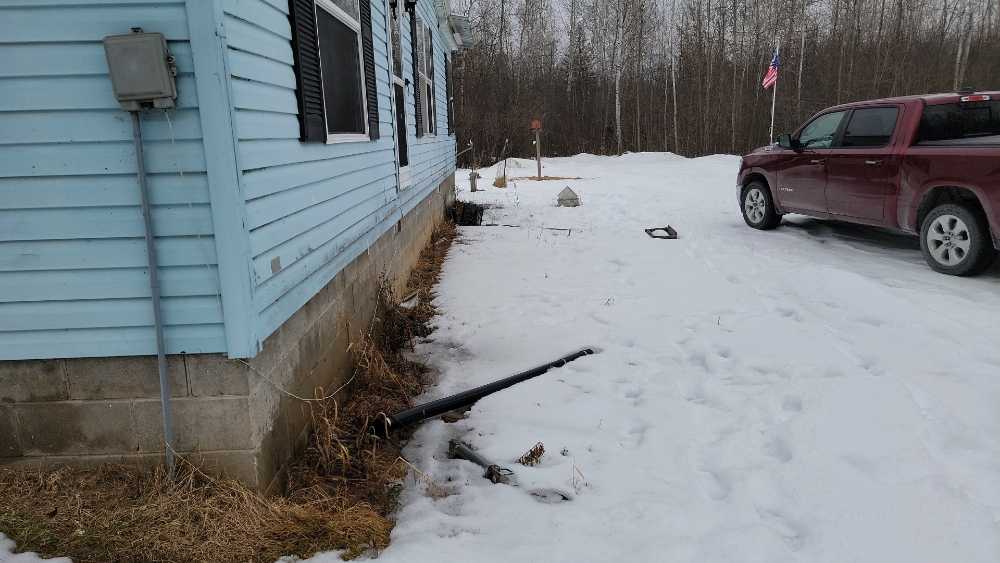 10 Easy Ways to Save Money & Energy in Your Home Most people don’t know how easy it is to make their homes run on less energy, and here at InterNACHI, we want to change that. Drastic reductions in heating, cooling and electricity costs can be accomplished through very simple changes, most of which homeowners can do themselves. Of course, for homeowners who want to take advantage of the most up-to-date knowledge and systems in home energy efficiency, InterNACHI energy auditors can perform in-depth testing to find the best energy solutions for your particular home. Why make your home more energy efficient? Here are a few good reasons:
As much as half of the energy used in homes goes toward heating and cooling. The following are a few ways that energy bills can be reduced through adjustments to the heating and cooling systems:
2. Install a tankless water heater. Demand-type water heaters (tankless or instantaneous) provide hot water only as it is needed. They don't produce the standby energy losses associated with traditional storage water heaters, which will save on energy costs. Tankless water heaters heat water directly without the use of a storage tank. When a hot water tap is turned on, cold water travels through a pipe into the unit. A gas burner or an electric element heats the water. As a result, demand water heaters deliver a constant supply of hot water. You don't need to wait for a storage tank to fill up with enough hot water. 3. Replace incandescent lights. The average household dedicates 11% of its energy budget to lighting. Traditional incandescent lights convert approximately only 10% of the energy they consume into light, while the rest becomes heat. The use of new lighting technologies, such as light-emitting diodes (LEDs) and compact fluorescent lamps (CFLs), can reduce the energy use required by lighting by 50% to 75%. Advances in lighting controls offer further energy savings by reducing the amount of time that lights are on but not being used. Here are some facts about CFLs and LEDs:
Sealing and insulating your home is one of the most cost-effective ways to make a home more comfortable and energy-efficient, and you can do it yourself. A tightly sealed home can improve comfort and indoor air quality while reducing utility bills. An InterNACHI energy auditor can assess leakage in the building envelope and recommend fixes that will dramatically increase comfort and energy savings. The following are some common places where leakage may occur:
The following systems can be installed to conserve water usage in homes:
Appliances and electronics account for about 20% of household energy bills in a typical U.S. home. The following are tips that will reduce the required energy of electronics and appliances:
Daylighting is the practice of using natural light to illuminate the home's interior. It can be achieved using the following approaches:
About one-third of the home's total heat loss usually occurs through windows and doors. The following are ways to reduce energy lost through windows and doors:
An enormous amount of energy is wasted while cooking. The following recommendations and statistics illustrate less wasteful ways of cooking:
Permission granted by InterNACHI. www.nachi.org 2/28/2022 Key Hole Template HackWhen you’re mounting something on the wall with keyhole slots, lay paper over the slots and make a template by rubbing with a pencil. You'll want to make sure your paper is level across the top of your shelf or picture frame. This way you can then level your template on the wall, and you’ll know precisely where to position the screws. This method can work with almost any mounting method if you have something long enough to go between the screws. Sometimes I'll use a piece of foil if it's a longer frame!!!
2/20/2022 February 20th, 2022Gutters, gutters, gutters!Gutters and down spouts may not seem like a huge deal but this is a prime example of why a home needs gutters. Rain water from the roof has erododed and washed away a good portion of the foundation soil.
|
AuthorDustin is a Coast Guard Veteran, Home Inspector, and a Mortgage Loan Originator. ArchivesCategories |
Photo from Mal B



 RSS Feed
RSS Feed
10/31/2022
1 Comment